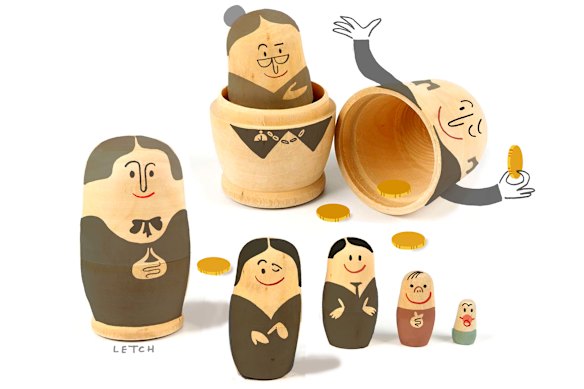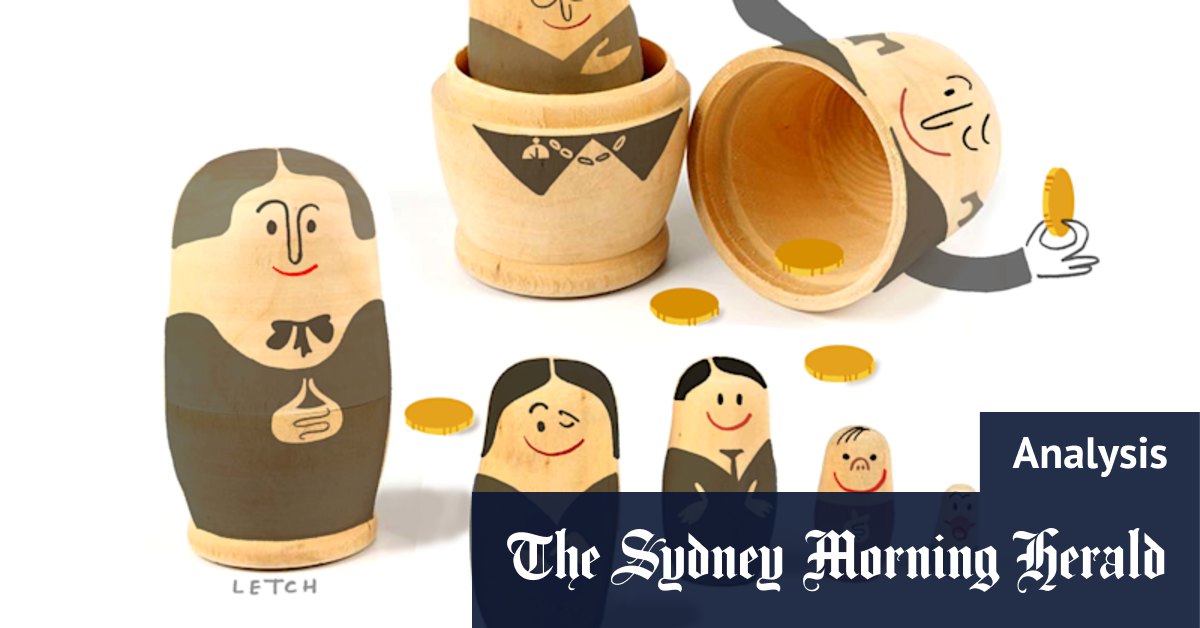There were just over 1 million trusts registered in Australia in the 2023 financial year, latest available data from the ATO shows, delivering total business income (TBI) of almost $489.5 billion. That averages $478,798.78 earned by every single trust that year. Earnings are likely to be even higher today.

With more than 1 million trusts operating in Australia, is it time to weigh up whether a family trust is right for you?Credit: Simon Letch
Like all things investing, though, trusts come with their own set of risks and limitations. Let’s explore their pros and cons to help you calculate whether the numbers add up in your favour.
Benefits of operating a trust
When it comes to the potentially lucrative traits of investment trusts, chief among them are:
Tax-friendliness. Trusts don’t pay tax, provided all dispersals are allocated to one or more beneficiaries. Each beneficiary then pays tax at their own income tax rate. You can reduce overall tax, for example, by making the lower-earning spouse the sole beneficiary of funds, or paying dividends into a family company, which pays the company tax rate rather than higher personal tax rates. Additionally, a trust can be eligible for a capital gains tax (CGT) discount.
Accessibility. Unlike super, which you can’t touch until retirement age, earnings held within a trust can be accessed any time. You could, for instance, use funds to supplement your employment income or as a lump sum towards starting a business or helping a younger beneficiary with their first home deposit.
Flexibility. Trusts don’t have the same limitations on asset ownership that super does, giving you greater flexibility where funds are invested. Essentially, anything you can do outside a trust you can do within one. Additionally, you can choose to change beneficiaries any time, preferencing people with the greatest financial need or lowest income tax rate at that time.
Trust exemptions. Distinct types of trusts offer specific benefits or exemptions to standard rules. A disability trust can provide someone living with disability additional income without affecting their Centrelink payments or NDIS access; a testamentary trust allows children to be taxed on earnings at the considerably lower adult tax rate.
Risk protection. As a separate entity, some trusts may provide asset protection to safeguard against future bankruptcy, legal action or relationship breakdowns.

